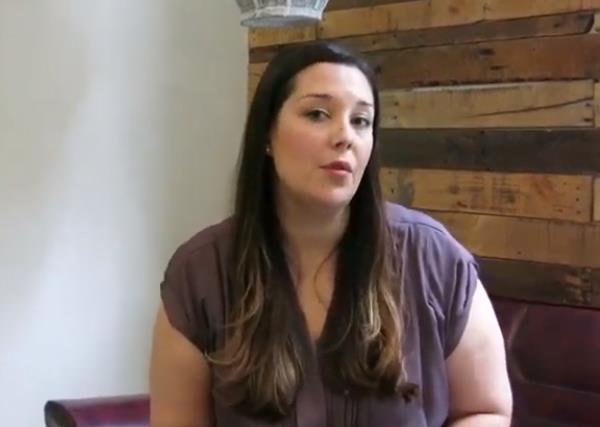Workplace Discrimination
People with cancer have rights under the Americans with Disability Act (ADA) and the Family Medical Leave Act (FMLA), which deal with how they are treated at work.
- ADA states employers can not treat a worker or potential worker differently based on their disability. Most employers must provide for a disabled person, unless it would impose an “undue hardship” on that employer.
- FMLA requires employers to allow workers to take up to 12 weeks of unpaid leave in a 12-month period when a serious health problem exists. During this leave, insurance must be continued by the employer. To be eligible for FMLA, you must have been employed for 12 months prior to starting the leave.
- The Affordable Care Act (ACA), also known as Obamacare, guarantees that health insurance companies can’t refuse to cover you or charge you more just because you have a pre-existing condition. That is a health problem you had before the date that new health coverage starts. ACA also forbids health insurance companies from charging women more than men.
- Health Insurance Portability and Accountability Act (HIPAA) protects an employee’s rights to health insurance coverage between jobs. A person must apply within 63 days of losing the previous insurance. HIPAA enables employees to buy health insurance not subject to the pre-existing condition clause found in most policies.
- Consolidated Omnibus Reconciliation Act (COBRA) requires employers to offer health coverage at group rates to employees in the event they leave their job. This type of coverage is usually more expensive than the prior workplace policy.
Financial Concerns
The cost of having cancer is not the same for each person. Some people have great insurance that leaves them with few out-of-pocket costs. But most people do have some of those costs, so the following tips may be helpful:
- Let your creditors know about your financial situation. If you are becoming behind on your bills, it is important to let them know now rather than later. You may be able to negotiate with them once they are aware of your situation. You have a right to not be harassed by creditors, and it is up to you to decide which bills need to be paid and in which order.
- Talk to your health care team about your financial situation. Most cancer care providers understand the high cost of care and the demands that it puts on their patients. Social workers and financial counselors may be able to help you navigate your insurance company and help you find additional assistance. Many providers allow their patients to set up monthly payment plans. It is important to talk to them about your situation, so they are aware in advance.
For More Information:
Job Accommodation Network: 800-ADA-WORK (800-232-9675) (The Job Accommodation Network is a free service that helps employers makes special arrangements like flexible hours for employees who need them.)
The Cancer Resource Center: (415) 885-3693 (The Cancer Resource Center can give you more information about your legal rights.)
When Do You Need To Seek Help?
If you are having issues with work, insurance or finances, your doctor’s office is the best place to start. Your health care team may be able to refer you to local resources for help.
Useful Websites:
U.S. Equal Employment Opportunity Commission: Questions and Answers About Cancer in The Workplace and the Americans with Disabilities Act (ADA):
American Cancer Society/Financial and Legal Matters:
American Cancer Society/What Does The Affordable Care Act Mean for People with Cancer:
American Cancer Society/What is HIPAA?:
American Cancer Society/Keeping Health Insurance After Leaving Your Job:
Young Survival Coalition/Surviving, Thriving - and Working:
Young Survival Coalition/Secure Payments: Managing Your Health Insurance:
Cancer Financial Assistance Coalition (CFAC):
Cancer.Net/Financial Considerations:
Patient Advocate Foundation:
Cancer Care:
Videos to Watch:

Your Career Before, During, and after Cancer Treatment
Dr. Mary Kathryn Rodrigue discusses your emotional response to going back to work during or after your cancer treatment and seeking help with the transition back to the work place.
watch video